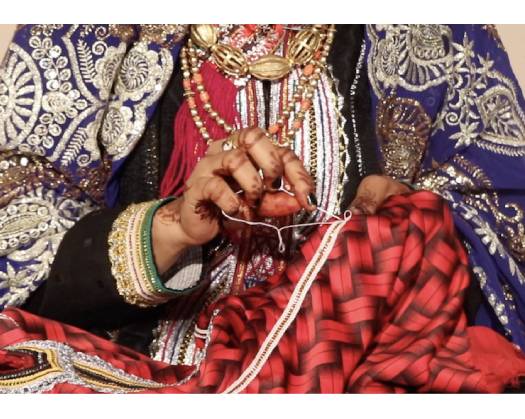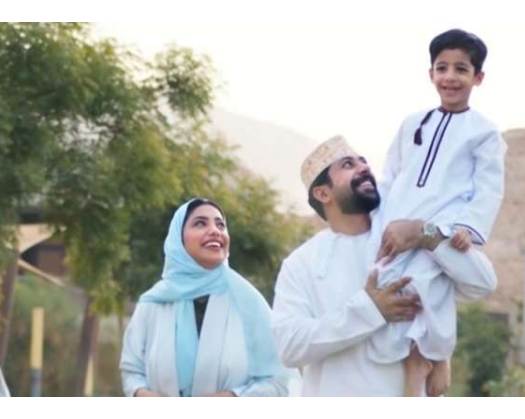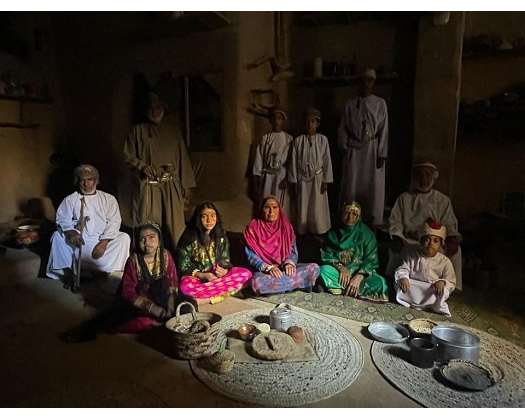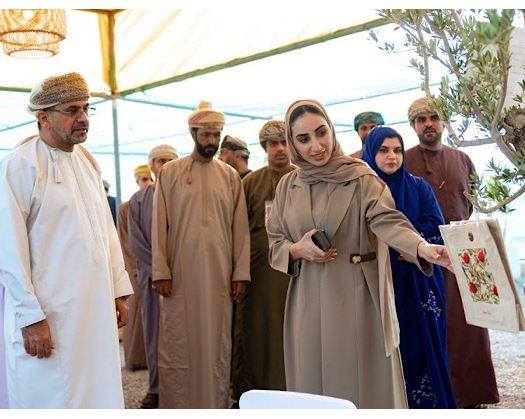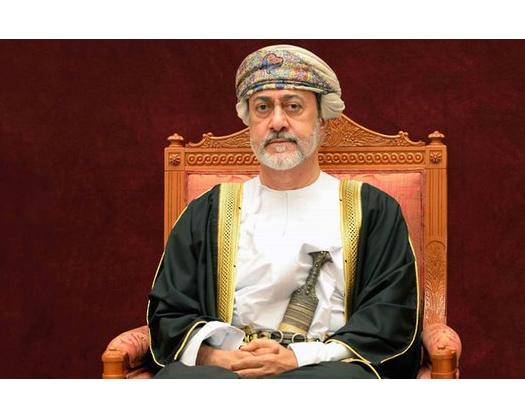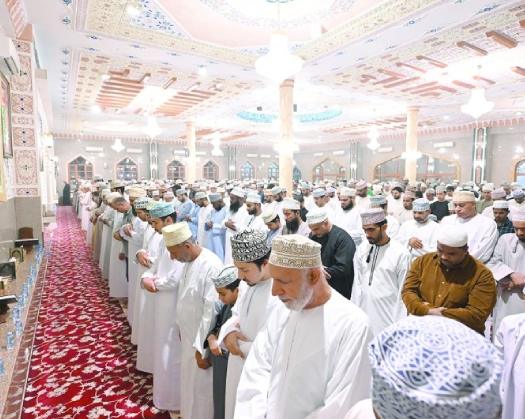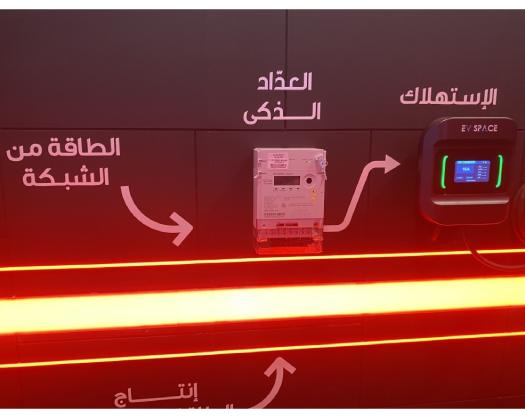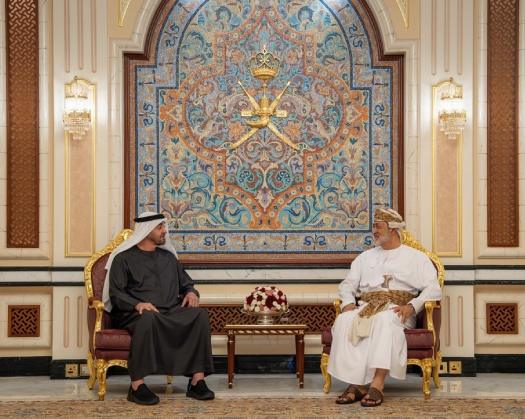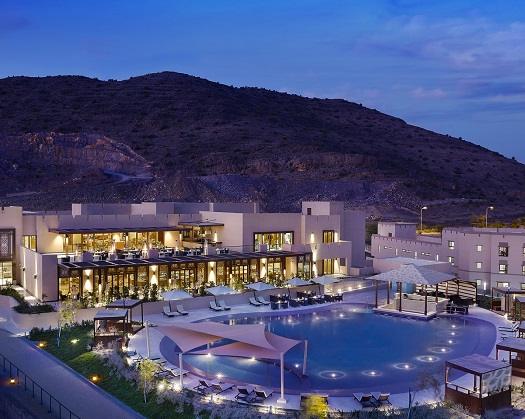Nestled in the southeastern coast of the Arabian Peninsula, Oman is a country resplendent in its vibrant and diverse culture. With a remarkable history that dates back several millennia, Oman has managed to preserve and protect its unique heritage, making it a fascinating destination for travelers and culture enthusiasts alike. From its breathtaking landscapes to its traditional arts and crafts, Oman offers a gamut of cultural experiences that captivate visitors.

The Omani people, known for their inviting warmth and hospitality, take great pride in their cultural heritage. Despite the rapid modernization and globalization of recent years, they continue to embrace their deep-rooted values and traditions. Key aspects of Omani culture include a deep respect for religion, traditional dress, oral storytelling, and various folk traditions. Islam, the predominant religion in Oman, influences every facet of life in the country, permeating its traditions, customs, and social norms.
One such tradition that Omanis hold dear is the art of incense making, dating back thousands of years. Frankincense and myrrh are sourced from the Dhofar region in southern Oman, often woven into the fabric of Omani culture and imbuing the air with their intoxicating fragrance. In traditional souks (markets), visitors can find a plethora of mouth-watering spices, traditional handicrafts, and aromatic oils, enticing all of the senses.
Additionally, the traditional clothing worn by Omani men and women is a sight to behold. Omani men wear dishdasha, a long, white robe, paired with a kumma, a type of cap. Omani women are often adorned in elegant, colorful abayas, a robe-like garment, exquisitely embroidered with intricate patterns. This attire reflects not only the rich cultural heritage of Oman but also the conservative nature of Omani society.
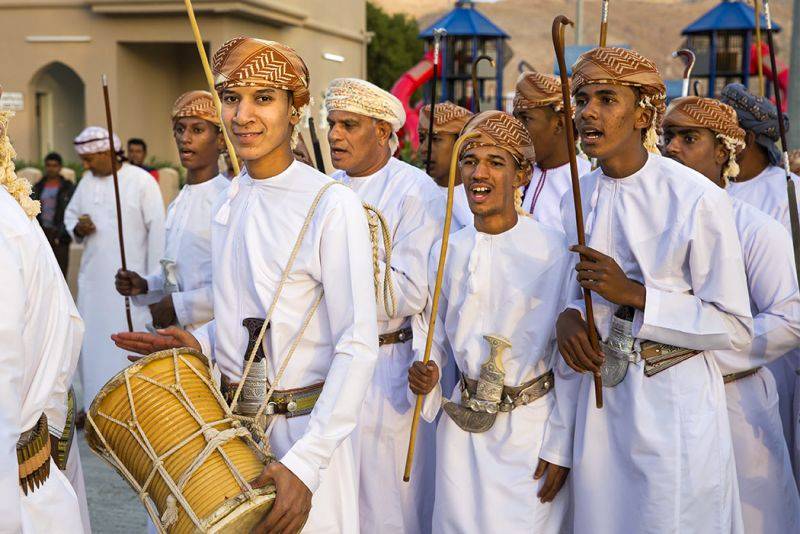
Oman also showcases its captivating culture through a multitude of events and festivals held throughout the year. One such event, the Muscat Festival, takes place in the capital city of Oman, showcasing the country's heritage, including traditional dances such as the Ardha, folk music performances, camel races, and traditional Omani cuisine. The festival embodies the essence of Omani culture and attracts both locals and travelers looking to immerse themselves in the cultural vibrancy of the country.
Another must-visit event is the Muscat Fashion Week, a unique celebration of fashion that highlights both regional and international designers, emphasizing traditional Omani fabrics and influences. This event showcases the blending of modern trends with traditional Omani aesthetics, providing a refreshing perspective on Omani fashion and design.
Oman's efforts to preserve its cultural heritage are further exemplified by the numerous museums and heritage sites scattered throughout the country. The Sultan Qaboos Grand Mosque, an architectural marvel, stands as a testament to Omani craftsmanship and is an important center for religious and cultural gatherings. Other notable sites include the Nizwa Fort, Bahla Fort, and Jabrin Castle, all picturesque remnants of Oman's storied past that give visitors a glimpse into the country's rich history and skilled architectural prowess.
In conclusion, Oman offers a quintessential cultural experience for those seeking to discover a country with a wealth of traditions, food, music, and beautiful landscapes. With its vibrant festivals, historical sites, and overwhelming hospitality, Oman deserves to be on every traveler's bucket list. Whether you are exploring the narrow alleyways of Muscat's souks, reveling in the aromas of incense-filled air, or watching a dazzling display of traditional dances, Oman promises an enriching and captivating journey through its splendid culture and heritage

